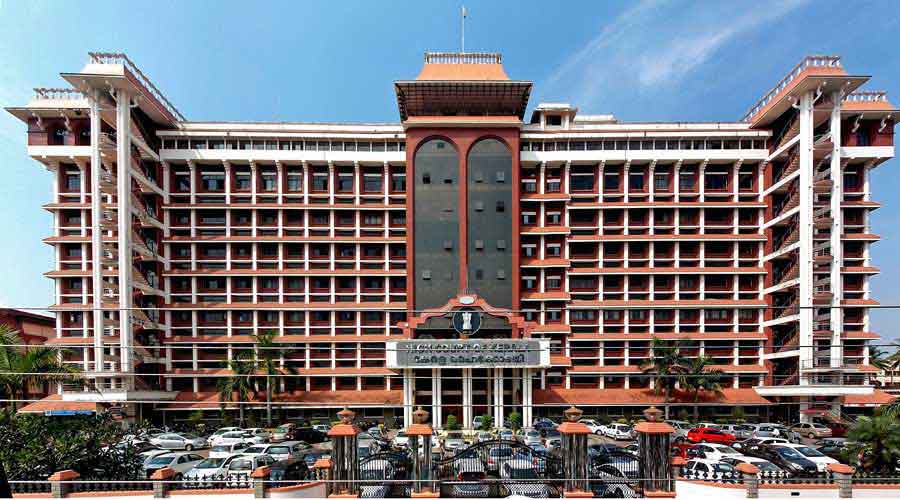There’s no “criminal kidney or criminal liver or criminal heart”, Kerala High Court has ruled while chastising an organ-transplant authorisation committee that had rejected a kidney donor because he was accused of “multiple criminal offences”.
“Human blood is passing through all of us,” Justice P.V. Kunhikrishnan observed while setting aside the committee’s order. He linked the matter to the “idea of secularism”.
The law for human organ donation should act as a “path-breaker for communal harmony and the idea of secularism”, the single-judge bench said.
“Let the Hindus, Christians, Muslims, Sikhs and even persons with criminal backgrounds donate their organs to needy people irrespective of their caste or creed or religion, or criminal background. That will be a day that was dreamed (of) by the founding fathers of our Constitution,” the August 27 judgment said.
Petitioner Radhakrishna Pillai, 54, from Kollam had approached the court on August 10 after the “district-level authorisation committee for transplantation of human organs” rejected his application for permission to accept a kidney from 38-year-old Sajeev R., his driver.
Pillai and Sajeev had furnished all the necessary permissions and documents. Sajeev had declared he was donating a kidney since he had a close relationship with Pillai, who had suffered complete renal failure.
But the committee refused permission, saying: “The donor is involved in multiple criminal offences.”
The high court said the Transplantation of Human Organs and Tissues Rules, 2014, contained no provision for rejecting the organs of a donor accused or convicted of crime.
“The only embargo... is that the donor should not be a drug addict,” the court said.
“There is no organ in the human body like a criminal kidney or criminal liver or criminal heart! There is no difference between the organ of a person with criminal antecedents and the organ of a person who has no criminal antecedents. Human blood is passing through all of us.”
It slammed the authorisation committee: “If these types of reasons are taken for rejecting the applications by the authorisation committee, a murderer, a thief or a person who is involved in some minor criminal offences cannot donate organs voluntarily.”
The only conclusion to be drawn from the committee’s position is that it believes “the criminal behaviour of the donor will percolate to the person who accepts the organs”, the court said.
“What sort of reasoning is this? No person with common sense can agree with (it),” the court noted, adding that the committee had gone “beyond their jurisdiction” in rejecting the application.
The court directed the Kerala chief secretary to order the authorities concerned to speed up organ-donation applications.
It stressed that the purpose of having organ-donation rules was to check commercial interest in donations. It urged the authorities to spread awareness to encourage organ donation in India.
“Some statistics say that organ donation in India is very poor, around 0.3/million population, as compared to some western countries where it is as high as 36/million,” the judgment said.
C.M. Mohammed Iquabal, the petitioner’s counsel, told The Telegraph the “criminal antecedents” of the would-be donor were limited to a case relating to a physical fight with a neighbour.
He said the objective of the organ-donation law was to protect poor and less educated people from being cheated by agents or others into donating organs.
“The law in no way stops someone volunteering to donate an organ,” he said.










